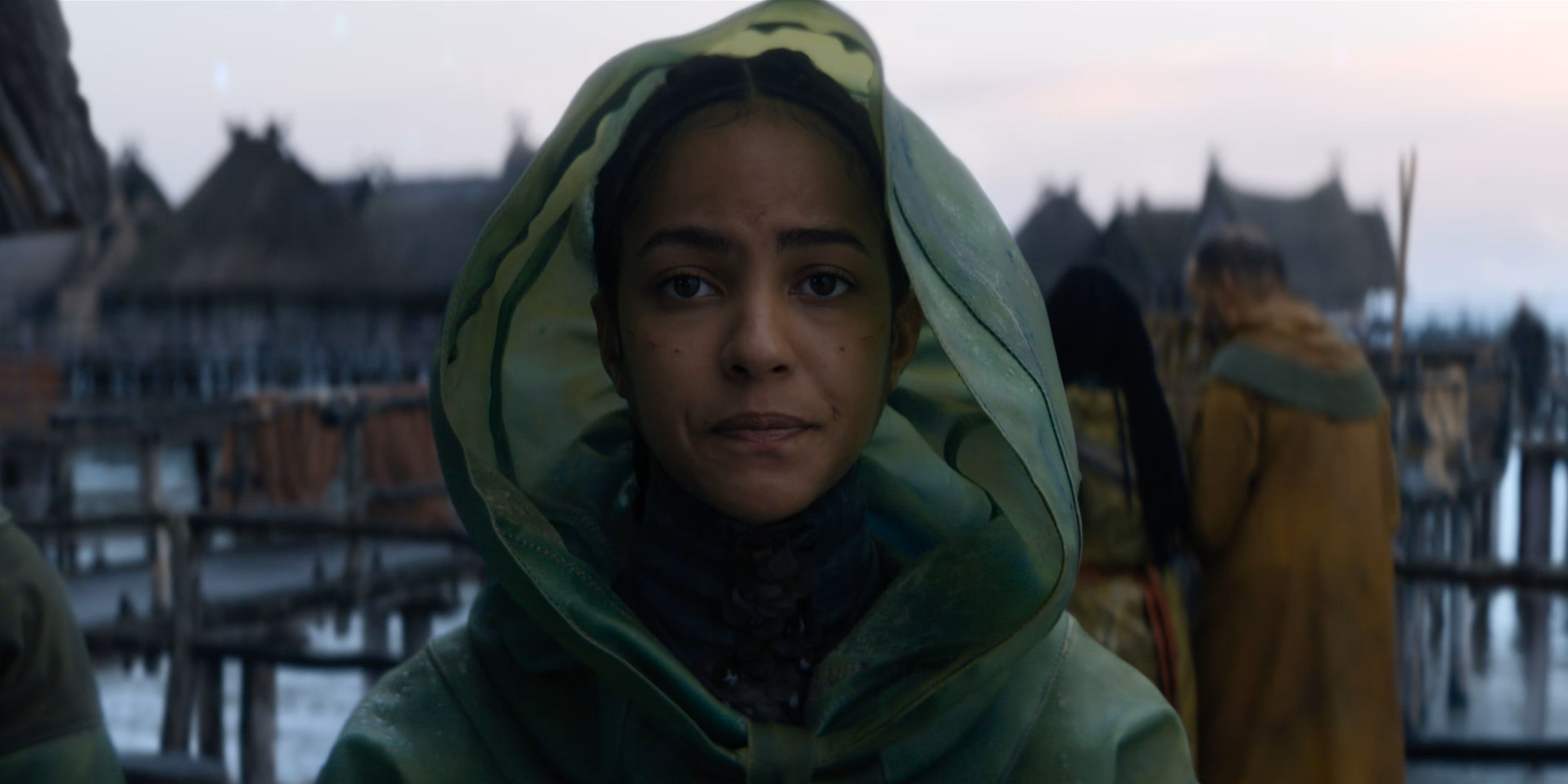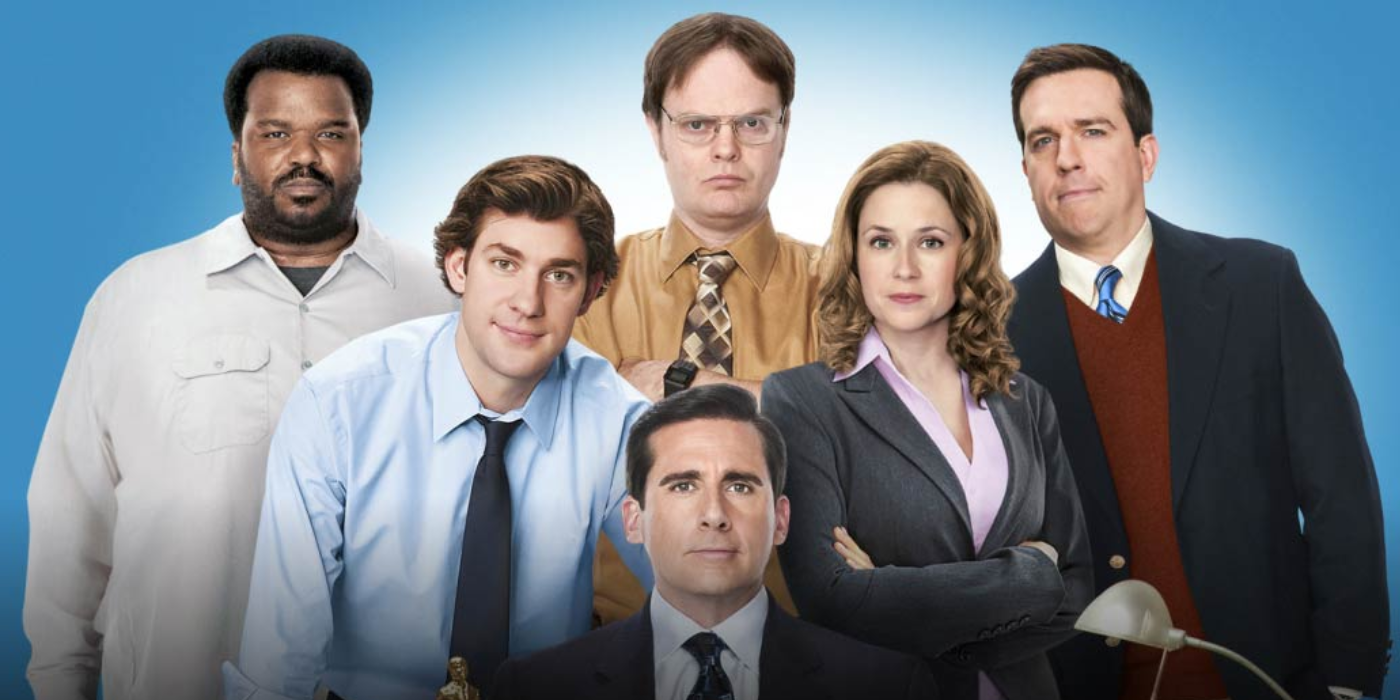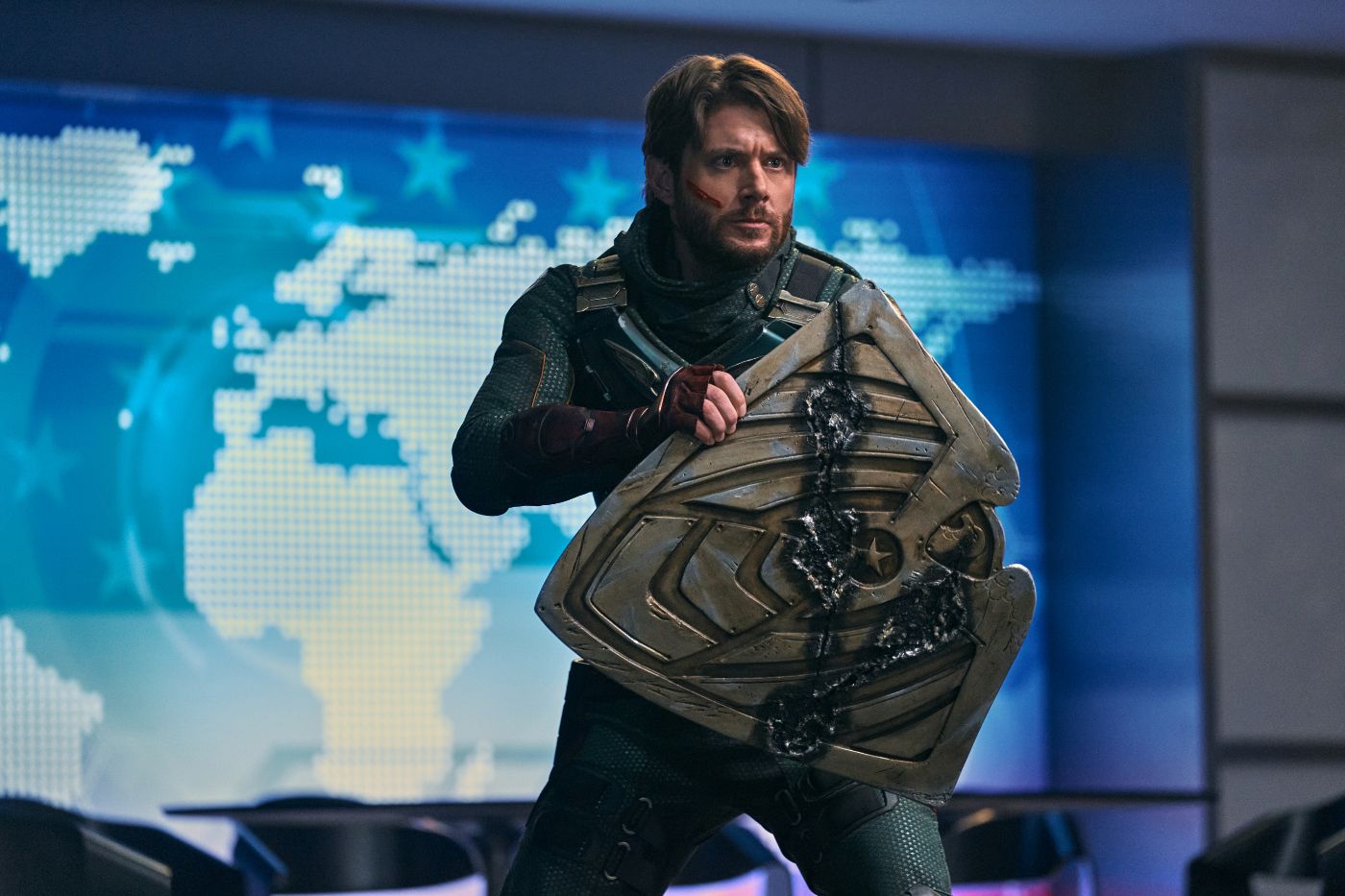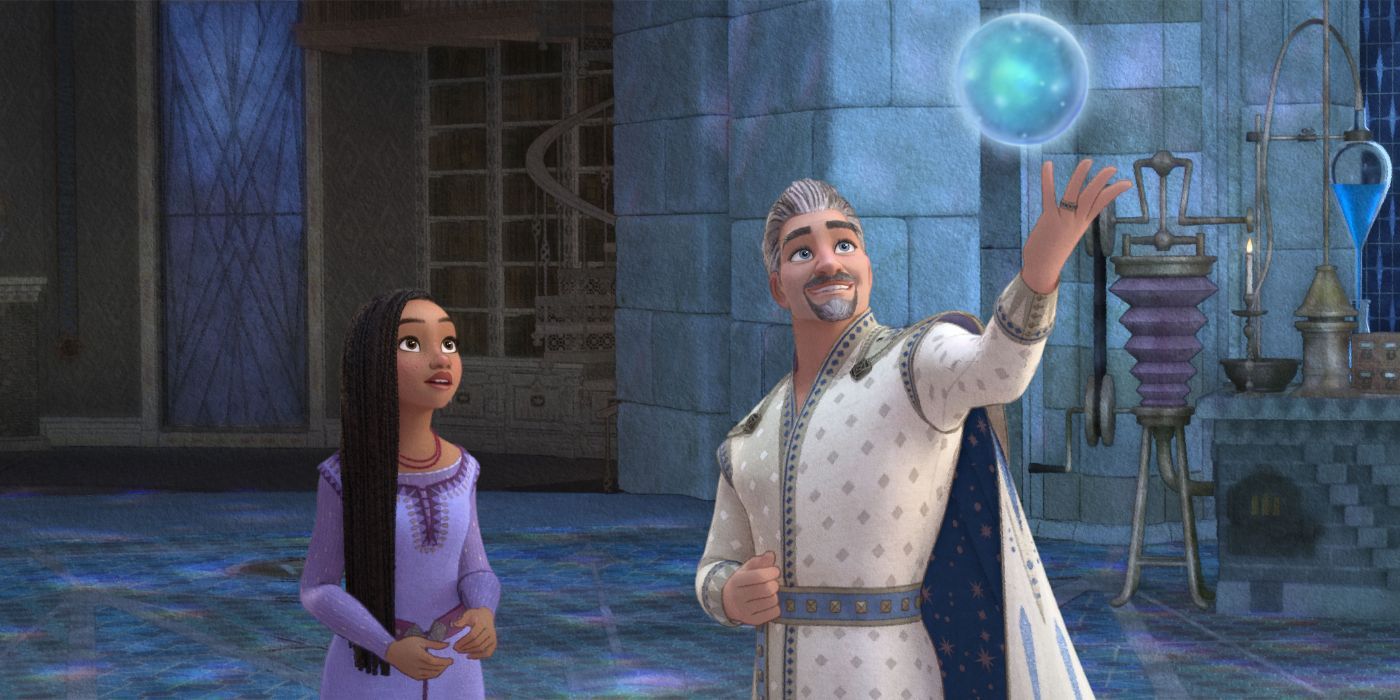The Big Picture
- Lou Llobell talks about her approach to her character in Foundation, focusing on making it real and authentic rather than just sci-fi.
- Llobell discusses the evolving relationship between Gaal and Hari, highlighting their similar goals but different methods.
- The complicated mother-daughter relationship between Gaal and Salvor is explored, as they come from different backgrounds but are joined by their circumstances.
This interview was conducted before the ongoing SAG-AFTRA & WGA strikes.After ten episodes, we are now at the temporary end of Apple TV+‘s science fiction gem of a show Foundation as its second season just came to a close with a whole lot happening. The one experiencing much of this was Lou Llobell‘s Gaal Dornick who has been carrying the weight of her universe on her shoulders from the very beginning. We spoke to Llobell about her character, how her relationship to Hari Seldon has changed, and how she’s too smart to put all her trust in him.
COLLIDER: At the foundation, if you will, of this story, so much of it is about knowledge and establishing the Foundation on Terminus and elsewhere as a foundation of knowledge. In that line of thinking, is there a science fiction story, a series, a film, a novel that was foundational to you personally?
LOU LLOBELL: That’s really good question. I don’t really read sci-fi that much. I watch it, I love Star Wars and all the rest of them. It was really fun to delve into this, having no obsessive knowledge about the matter at hand and the task that I had, and I think my approach is certainly one that isn’t only focused on the sci-fi of it all. It’s very much coming from a perspective of, like, how do I make this as real and authentic as possible? Which is great, and that is important because otherwise, it wouldn’t be relatable.
That kind of mirrors the journey of your character in that you’re an outsider and often see things with more clarity than the people that have lived in this world for so long and have maybe bought into some of the things that they shouldn’t have.
LLOBELL: Yeah, of course. It’s really interesting to see that Gaal and Hari [Jared Harris] have the same perspective, or similar, and want the same things but go about it two completely different ways. It’s a nice contrast, I think.
You have a lot more scenes this season with Jared, who, like you said, is an interesting contrast but has that similar drive to save things. What were your conversations like with him about going back and forth? Because there’s a real madness in his eyes that then you provide a necessary counterbalance to and a clarity to.
LLOBELL: Of course, and their reactions to each other are completely different. I think Hari, also, when you first see him, he’s just come out of being trapped for, like, 130 years, which is unbelievably long, and Gaal has no realization that that’s what happened. She didn’t do that on purpose, and I think that’s the difference. Could Hari have done that to someone on purpose? Probably. Did Gaal want to do that on purpose and didn’t even realize? No, she didn’t. And so I think even that is an interesting way to look at it.
The fun thing about Hari and Gaal’s relationship this season is the evolution of it and seeing where they start off in this broken relationship, and if they want to rebuild it, how do they, if that is the case? And where do they get to at the end? Do they trust each other again? And I’ve had that in my life with people where they’ve betrayed my trust so much and hurt me so much, and I’m like, “I don’t know if we’ll ever go back from this.” More often than not we don’t. But if you had to, to save humanity, how do you do that?
There’s also a degree where they maybe understand each other and what’s at stake more than anyone else, even as they’ve had this fraught back and forth.
LLOBELL: For sure. And even someone like Salvor [Leah Harvey], I think, feels left out of the whole thing for the most part of the season because she does understand it, but she’s never been involved in that. For her, it’s just saving Terminus and the people she knows, which are no longer alive, but that idea for her. She has no real understanding of the gravity of the situation and what it actually means, what we’re doing.
I would be remiss to then not talk about that very complicated mother-daughter relationship, and something that stuck out to me is the kind of poetic idea of one looks to the future and one looks to the past. They both can see, but they’re looking in other directions from each other. What was your approach to this new, very complicated relationship that the characters are still themselves figuring out?
LLOBELL: That’s a beautiful way to put it, and that is exactly what it is. They come from different backgrounds. Gaal is coming from a situation she did not expect and wasn’t supposed to be in. Salvor is in what Gaal was supposed to be, and that’s also quite difficult. They find themselves trying to build a relationship, not having the time to, not necessarily knowing how, and how they will. So yeah, it’s an interesting one. They do, they come from different directions, and they’re looking in different directions, but they are joined somehow, and they’ve got something uniting them.
It’s a tough thing to say, “Hey mom, it’s been several 100 years. We have a lot of catching up to do.”
LLOBELL: Right! Or like, “Hey mom, I exist. You did not birth me. You don’t even know that I was walking around all these years, but let’s chat.”
“Let’s save the world together.”
LLOBELL: Right? It’s wild, and it’s crazy because they have no choice. The only good thing about it is that they’ve actually got each other in a situation where they have no one left.
There’s a lot of humor in your back and forth in some instances, but there’s also a lot of tragedy too. How do you approach finding that balance because both are integral to getting to know these people and what it is that they’re fighting for while also knowing what’s at stake too?
LLOBELL: Yeah, for sure. One of my favorite scenes is the fruit scene. The fruit scene was such a sweet, cute, lovely scene that is so separate to the whole show, and it’s such a tender moment. It’s lovely to have been able to find those moments because you don’t get to see Gaal doing much of that. You just get her trying to run away from disaster or save disaster, or something bad is always happening. But the scripts are really well written, you don’t have to do much when the words do it all. Also, the dynamic is so awkward, that dynamic between Gaal and Salvor is so awkward, that it’s okay for it to be so awkwardly funny and also for it to just be really dead, like, “Oh, I just don’t wanna carry on talking.”
I had spoken with both Jared and I want to get your perspective about the question of false prophets and faith because that’s kind of a very fundamental, pressing question for your character is do you buy into what Hari has told even as you’re possibly beginning to see the cracks in it? Without tipping anything off, what is your perspective is on that question that is driving the story?
LLOBELL: Well, I think Gaal was leading. She’s never been blindly faithful to the plan. She always had to see the math and see what it was and understand all of that and ask the questions, even the hard questions. And I think as soon as she realized that Hari had betrayed her, all that faith in him disappeared, but the plan still makes sense because, logically, it does. When he explains all the things that he failed to do before, when he finally gets to being like, “This is what I was going to do,” she’s like, “Oh, okay, well, we can still do it. We can still figure it out. Let’s find a way.” It’s not blindly faithful. I don’t think she would ever be. I think she’s too smart and too self-aware for that.
All episodes of Foundation are now streaming on Apple TV+.





